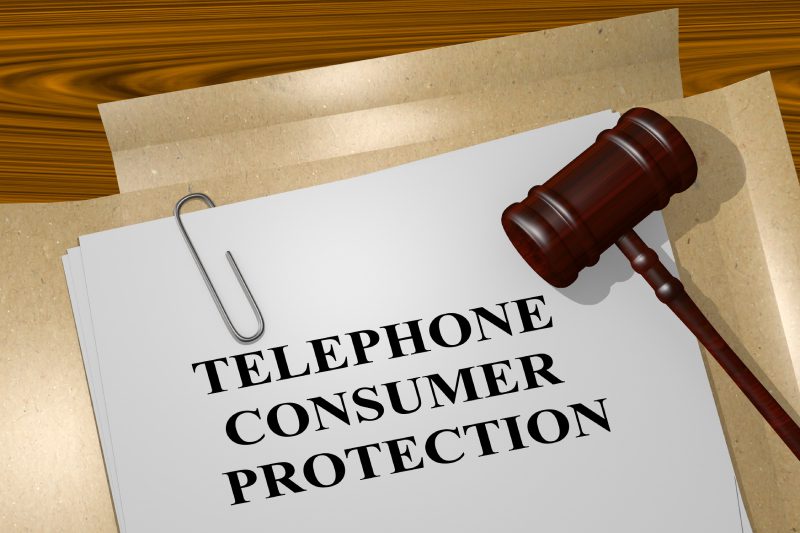Illegal telemarketing has historically been a significant problem in Florida in recent years, as it is seen as disruptive and annoying for consumers who receive unsolicited calls or texts. This has resulted in Florida’s Telephone Solicitation Act, also known as the “Do Not Call” law.
This law was put in place to protect consumers from unwanted telemarketing calls. The law applies to any individual or entity that makes sales calls or solicits consumers by telephone within the state of Florida.
So if you are a business owner in Florida, it is important to understand the legal considerations for telemarketing and how to avoid potential class action lawsuits due to the Florida’s Telephone Solicitation Act (FTSA).
In this blog post, we will take a closer look at what the Telephone Solicitation Act covers, the penalties for violating the law, and how to protect yourself as a consumer.
The basics of FTSA
The FTSA applies to any sales call or solicitation made by telephone, including calls made by live operators, pre-recorded messages, and autodialers. However, certain types of calls are exempt from the law, such as calls made for political campaigns, calls made in response to an express request, and calls made for the purpose of collecting a debt.
Violating the FTSA can result in both civil and criminal penalties. Civil penalties can include fines of up to $10,000 per violation, while criminal penalties can include fines and imprisonment. Additionally, consumers may bring a private action against violators, which could result in additional fines and penalties.
Consumers can protect themselves from unwanted telemarketing calls by registering their telephone numbers on the National Do Not Call Registry or by requesting that a company stop calling them. Businesses should also be careful when making telemarketing calls, by only calling numbers that are not registered on the National Do Not Call Registry and by honoring requests to stop calling consumers.
Class action lawsuits
One of the primary ways in which consumers can seek redress for violations of the FTSA, is by bringing a class action lawsuit. A class action is a legal proceeding in which a large group of people collectively sue another party, typically a business or corporation, for alleged harms that they have suffered.
In the context of the FTSA, a class action lawsuit would allow a group of consumers who have received unwanted telemarketing calls to sue the business or individual responsible for making those calls.
Under the FTSA, individuals or entities that violate the law can be held liable for up to $10,000 per violation, which can add up quickly in cases where multiple consumers are affected. Class action lawsuits allow individuals with small claims to join together and seek damages collectively, making it more cost-effective and efficient for consumers to seek compensation.
It is worth noting that to bring a class action lawsuit, consumers must meet certain criteria, such as having similar legal claims or damages, and being represented by a qualified attorney. The attorney will have to provide evidence and representation to prove the violation of the act, and the court will have to approve the action as a class action before it can proceed.
Final thoughts
Navigating class action lawsuits over illegal telemarketing in Florida requires careful compliance with the FTSA, TCPA and other relevant laws. By obtaining consent and following do-not-call lists, you can protect your business from potential legal trouble.
If you have received unwanted telemarketing calls in violation of Florida’s Telephone Solicitation Act, you may be entitled to compensation. Joining a class action lawsuit can help you seek damages from the business or individual responsible for making those calls. Contact us today to learn more about your legal options and to speak with an experienced attorney who can help you take action.










